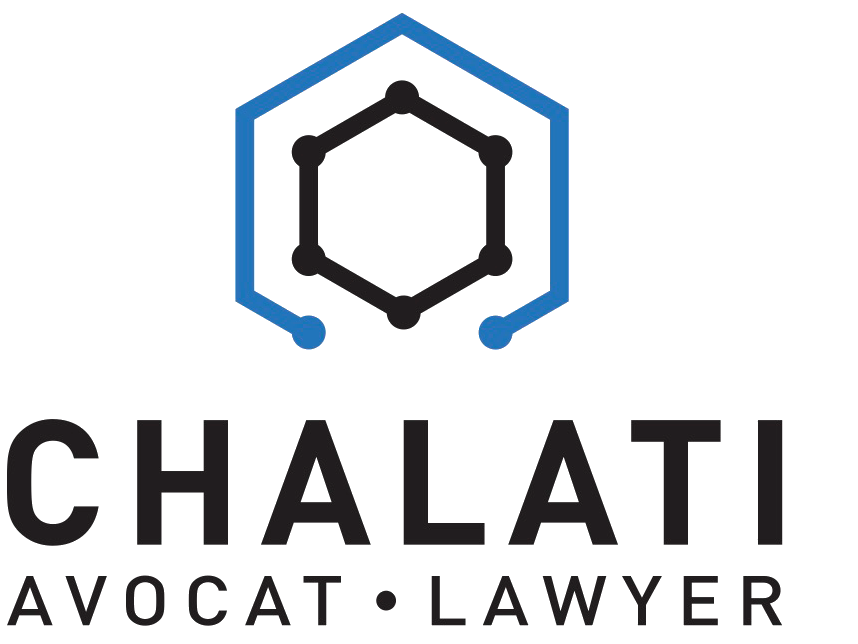6 Key Elements of a Shareholder Agreement.
The guide to shareholder governance
Get a Quote.
Who we help.
A handful of some of the industries we’ve worked with
Retail
Fashion & Design
Food & Beverage
E-commerce
Not-for-Profit & Charities
Real Estate
Ambitious business but small budget?
Discover our resources section. You’ll find videos, guides and contracts to guide you through the legal of your business.
Learn and copy the techniques we use for our clients and use them to protect your business.
Frequently Asked Questions.
Find As to your Qs
A shareholder is an individual, group, corporation or organization that owns one or more shares in a corporation and who has a share certificate issued in their name.
An officer of a corporation is an individual that is duly appointed to manage the day-to-day operations of a corporation.
These officers typically hold the positions of President, Vice-President, Treasurer and Secretary in the corporation.
The directors of a corporation will oversee and supervise the activities of the corporation. They will also make decisions regarding those activities.
The directors will sit on the board of directors and vote on certain decisions regarding the corporation.
A shareholder agreement (also known as a “stockholder agreement”) is an agreement made between all the shareholders of a corporation. The agreement will establish certain regulations regarding the operations of the company along with detailed rules outlining how certain matters affecting the shareholders of the company will be dealt with.
Whether you are a large company or start-up, if you have a corporation with more than one shareholder, you should have a shareholders’ agreement.
Partnerships do not require shareholders’ agreement but rather partnership agreements.
Yes, the shareholders can definitely include a non-compete and non-solicitation clause in their shareholders’ agreement.
The non-compete clause can prevent the shareholders from directly competing with the corporation during or after their involvement in the corporation. Similarly, a non-solicitation clause can prevent a shareholder from soliciting other shareholders, employees, directors or officers of the corporation to leave the corporation for another.
Shareholders Agreements are most valuable when certain problematic situations arise in a corporation. For instance, if a shareholder dies, if the relationship breaks down, there is misconduct, disagreement, dissolution or withdrawals, the shareholder agreement will establish a set of rules and guidelines to handle these particular situations.
For more information on why shareholder agreements are so important for a business, please read our blog post on the topic, here.
The key elements included in a shareholders agreement are, namely:
- Ownership of the Company
- Contributions to the Company
- Distribution of profits, loss and expenses
- Management and Operation of the Company
- Voting Rights
- Roles of any shareholders that are not directors
- Deadlock
- Calculation and Payment of Dividends
- Dispute Resolution
- Death or Disability Resolution
- Dissolution of the Corporation
A pre-emption right is a right given to existing shareholders to purchase newly issued shares from the Corporation before they are offered to third parties. This right exists in order to allow shareholders to retain their percentage in the ownership and control of the corporation. Also, it prevents a shareholder from selling shares to a potentially undesirable third party.
A shot-gun clause is used as a form of dispute resolution. It allows a shareholder to offer to purchase the shares of another shareholder at a certain price. The shareholder will have the option of either accepting the offer or buying the offering shareholder’s shares at the same price.
A right of first refusal will allow a shareholder to purchase the shares of an existing shareholder before them being offered to a third party. In this case, the shareholder who wishes to sell their shares will provide notice in writing to all the other shareholders in the corporation who will then have the first chance to purchase or refuse the shares.
Piggy-back rights (also known as “tag-along rights”) protect minority shareholders in the event of a third party buyout. In this case, the minority shareholder can force other majority shareholders wishing to sell their shares to a third party to also sell the minority shareholders shares at the same price and on similar terms.
Therefore, if the third party wishes to purchase the majority shareholder’s shares, they must be prepared to purchase any outstanding minority shareholder shares.
No, shareholder agreements are strictly for corporations. If your company is constituted as a partnership and you are more than one partner, you should be signing a partnership agreement. For more information on partnership agreement, please visit our partnership agreement page or contact us at the form below.
Ready to go?
Request a consultation via the form below

